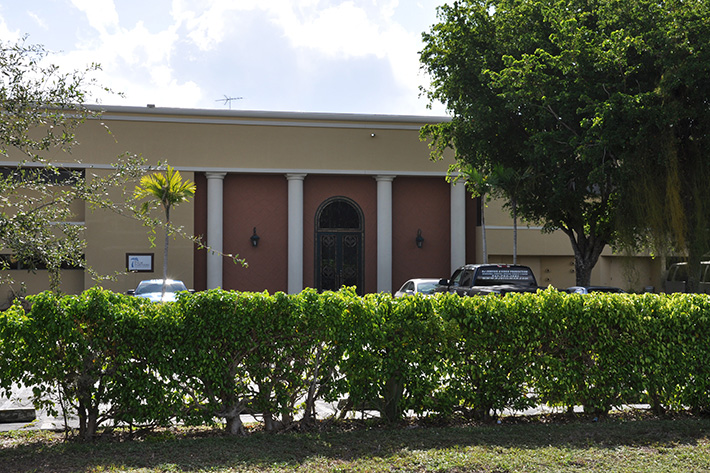Suboxone Now Available to More Patients and Minnesota Rehab Centers, Thanks to New Policy Change

Major insurance companies that offer plans in Minnesota recently agreed to a policy change that will expand access to medications that treat opioid cravings and withdrawal symptoms. The drug, called buprenorphine and known by its brand name Suboxone, is commonly used by Minnesota rehab centers to help opioid addicts overcome dependency. The new policy will allow patients to obtain prescriptions for Suboxone without requiring prior authorization from insurance providers.
If you or someone you love is addicted to opioid painkillers, call our 24/7 confidential helpline at 888-414-2380 to learn more about treatments offered at local rehab centers. We’ll connect you with a rehab center that can safely guide you or your loved one through overcoming dependency and achieving sobriety.
Problems Accessing Suboxone in Minnesota

The Minnesota Attorney General has made it easier to access Suboxone.
Minnesota Attorney General Lori Swanson says her office was recently contacted by nearly three dozen medical professionals concerned about their patients experiencing delays with obtaining Suboxone. Many insurers were asking for prior authorization for buprenorphine prescriptions, which meant prescribers were being forced to contact insurers for approval before getting prescription costs covered. Swanson says this delay was presenting another major barrier for struggling addicts trying to overcome opioid dependency.
Swanson adds that opioid addicts already face enough pressures and barriers overcoming addiction without taking withdrawal symptoms into consideration. In an effort to address delays with access to buprenorphine, Swanson’s office wrote to insurers and asked them to drop prior authorization requirements for buprenorphine. Only one insurer — UnitedHealth Group — denied the request and didn’t respond to requests for comments on the matter.
How Suboxone Helps Addicts Achieve Sobriety
Suboxone is an FDA-approved medication proven effective at treating opioid addiction. The drug greatly reduces opioid cravings and withdrawal symptoms, and blocks the effects of other opioids for at least 24 hours. Suboxone does not offer pain relief or feelings of euphoria — allowing addicts to overcome dependency while getting used to living life without being under the influence.
During the assessment and intake stage of addiction treatment, physicians work closely with each patient to find the lowest possible dose of Suboxone that alleviates cravings and symptoms. Patients then take this medication throughout addiction treatment — an approach known as medication-assisted treatment, which addresses both physical dependency and the behavioral aspects that led to addiction.
Using Medication-Assisted Treatments For Opioid Addiction
In addition to using Suboxone, medication-assisted treatments often combine counseling and therapy to help addicts identify the reasons they started using in the first place. These treatments also provide recovering addicts with the skills they need to stay sober and avoid relapse.
Over time, physicians gradually reduce patients’ doses of Suboxone — a process known as tapering. This helps addicts stop using opioids indefinitely while avoiding the difficult side effects that accompany overcoming opioid dependence. Patients leave rehab feeling healthier, educated, and ready to face the world as sober, empowered individuals.
If you or someone you love is addicted to heroin or other opioid painkillers and want to learn more about Suboxone, call our 24/7 confidential helpline at 888-414-2380. Our caring treatment specialists will provide you with the resources you need to learn more opioid addiction treatments available at Minnesota rehab centers.
